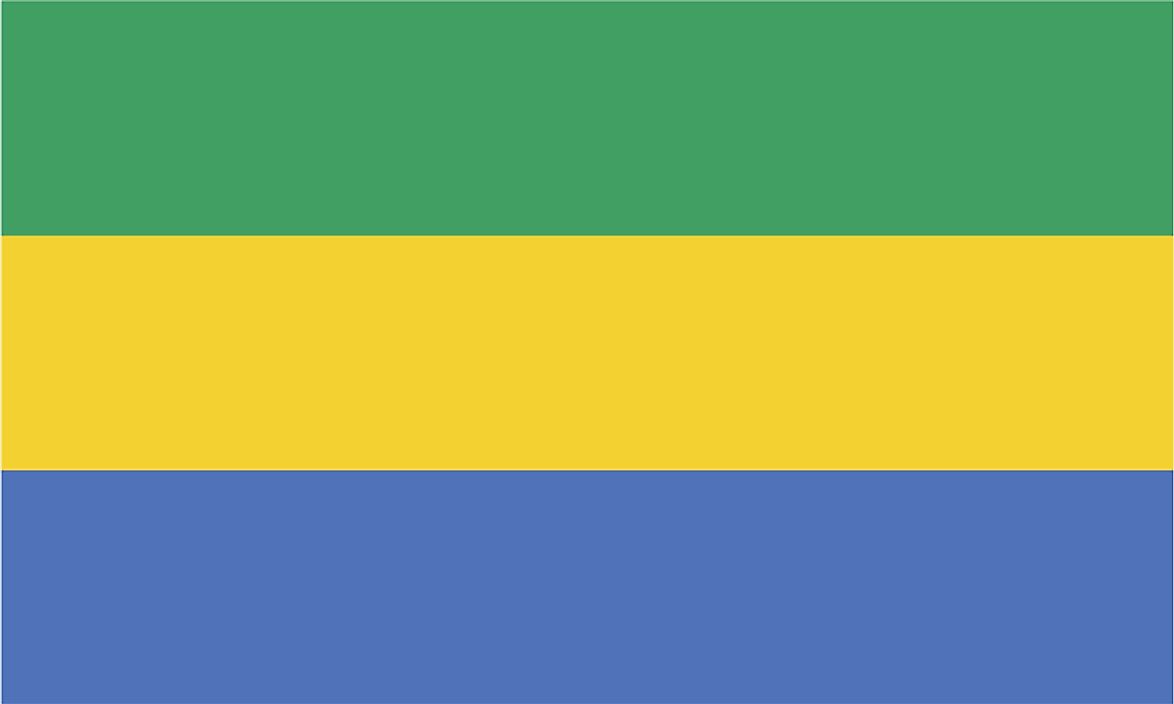What Religions Are Practiced in Gabon?

Gabon is a country located on Africa’s western coast. The country occupies an area of 270,000 square km and had an estimated population of 1,979,786 in 2016. Foreign investment and petroleum reserves have rendered Gabon one of the most prosperous countries in sub-Saharan Africa. Christianity is the predominant religion in Gabon.
According to the CIA World Factbook, Christianity is the country's most commonly practiced religion, as Christians account for 82% of Gabon's total population. This percentage represents all Christian denominations practiced within the country. Roman Catholics, Protestants, and other forms of Christianity account for 42.3%. 12.3%, and 27.4% of the national population, respectively. Islam is the next most common religion after Christianity. Muslims account for 9.8% of Gabon’s population. Most of Gabon’s Muslims are Sunnis, and between 80 and 90% of these Muslims are foreigners. Animists make up 0.6% of the population. Other religious beliefs, including traditional indigenous religions, constitute 0.5% of the population. 7.1% of Gabon’s population are either non-adherents of any religion or do not claim to belong to any particular faith.
Christianity Is the Most Common Religion Practiced in Gabon
The Portuguese traders were the first to introduce Christianity in Gabon during the first half of the 16th century. The Portuguese and Italians later co-operated to allow Italian Capuchin missionaries to propagate Christianity in Gabon. However, this cooperation ended in 1777. In the middle of the 19th century, more missions arrived in Gabon from Europe, and by 1900 Catholicism had become of the most popular form of Christianity practiced in the country. In the 18th century, Christian missions started arriving from France after Gabon became a French colony. By the 20th century, Christianity had become the religion of the majority in Gabon.
The Bwiti Religion of Gabon
Bwiti is a religion that is indigenous to Gabon and is the traditional religion of the country’s forest-dwelling Mitsogo and Babongo peoples. The country’s Fang people also adhere to this religion. In its modern form, Bwiti is a blend of Christian concepts, traditional rituals and beliefs like ancestral worship, and animism. The Bwitis consume the root bark of the Tabernanthe iboga plant that acts as a psychedelic that causes hallucinations. Dance, music, and ceremonial rituals are part of the Bwiti way of life.
Religious Tolerance in Gabon
Gabon's constitution supports religious freedom in the country, and the government generally respects this constitutional right of the people. Religious schools operate in Gabon and the Ministry of Education is responsible for ensuring that these schools maintain the same standards as other schools in the country. Some holy days of both Christianity and Islam are celebrated as national holidays in Gabon.











